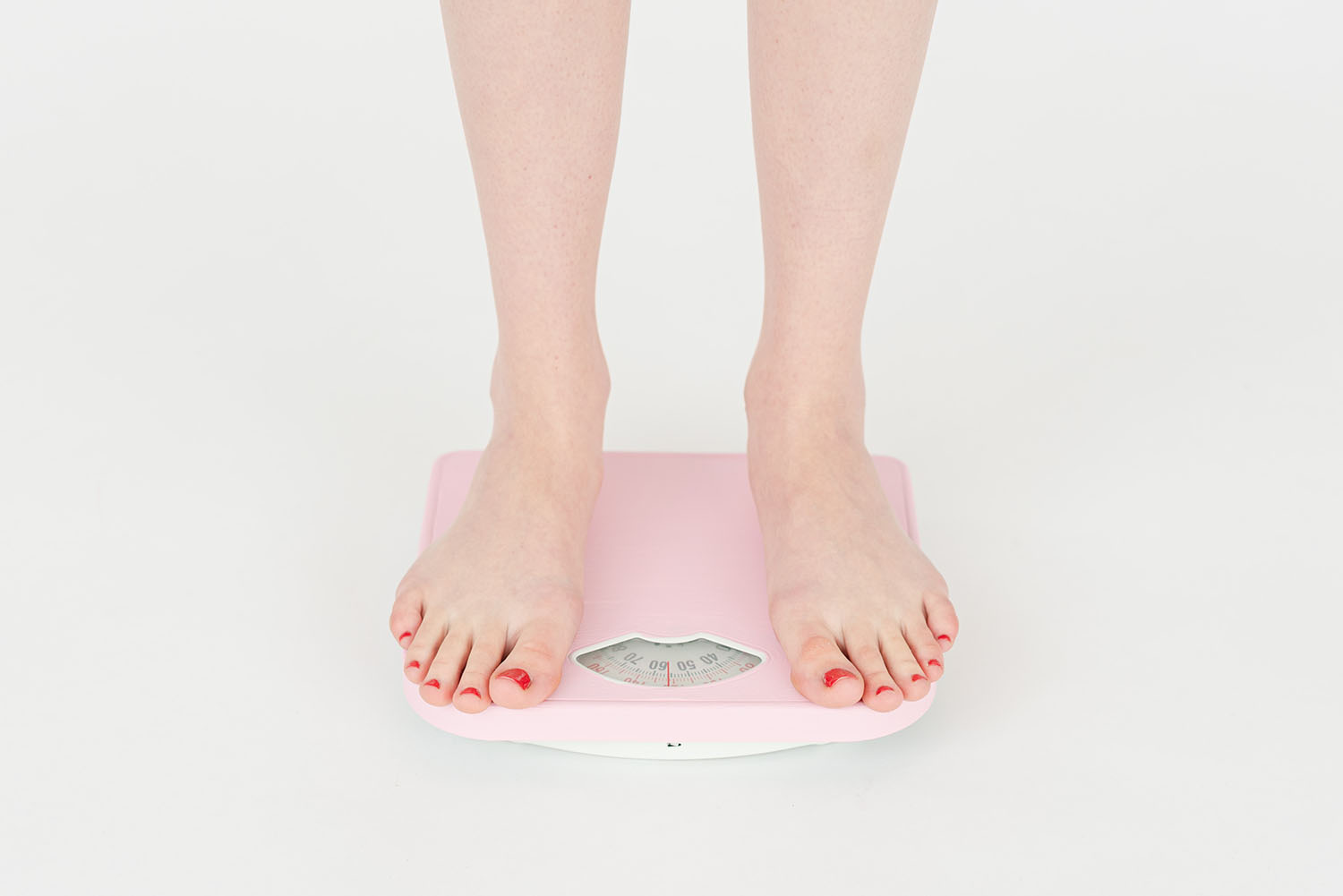7 Ways to Lose Weight Without Dieting
 More and more people are searching for alternative methods for how to lose weight naturally without completely restructuring their diet. According to the National Center for Health Statistics, more than 40% of American adults over twenty years old qualify as overweight or obese. At the same time, weight-related diseases are becoming increasingly prevalent across the United States, including heart disease, diabetes, stroke, and high blood pressure. Losing weight is no longer an admirable fitness goal but a matter of necessity. So that begs the question, can you lose weight without dieting?
More and more people are searching for alternative methods for how to lose weight naturally without completely restructuring their diet. According to the National Center for Health Statistics, more than 40% of American adults over twenty years old qualify as overweight or obese. At the same time, weight-related diseases are becoming increasingly prevalent across the United States, including heart disease, diabetes, stroke, and high blood pressure. Losing weight is no longer an admirable fitness goal but a matter of necessity. So that begs the question, can you lose weight without dieting?
